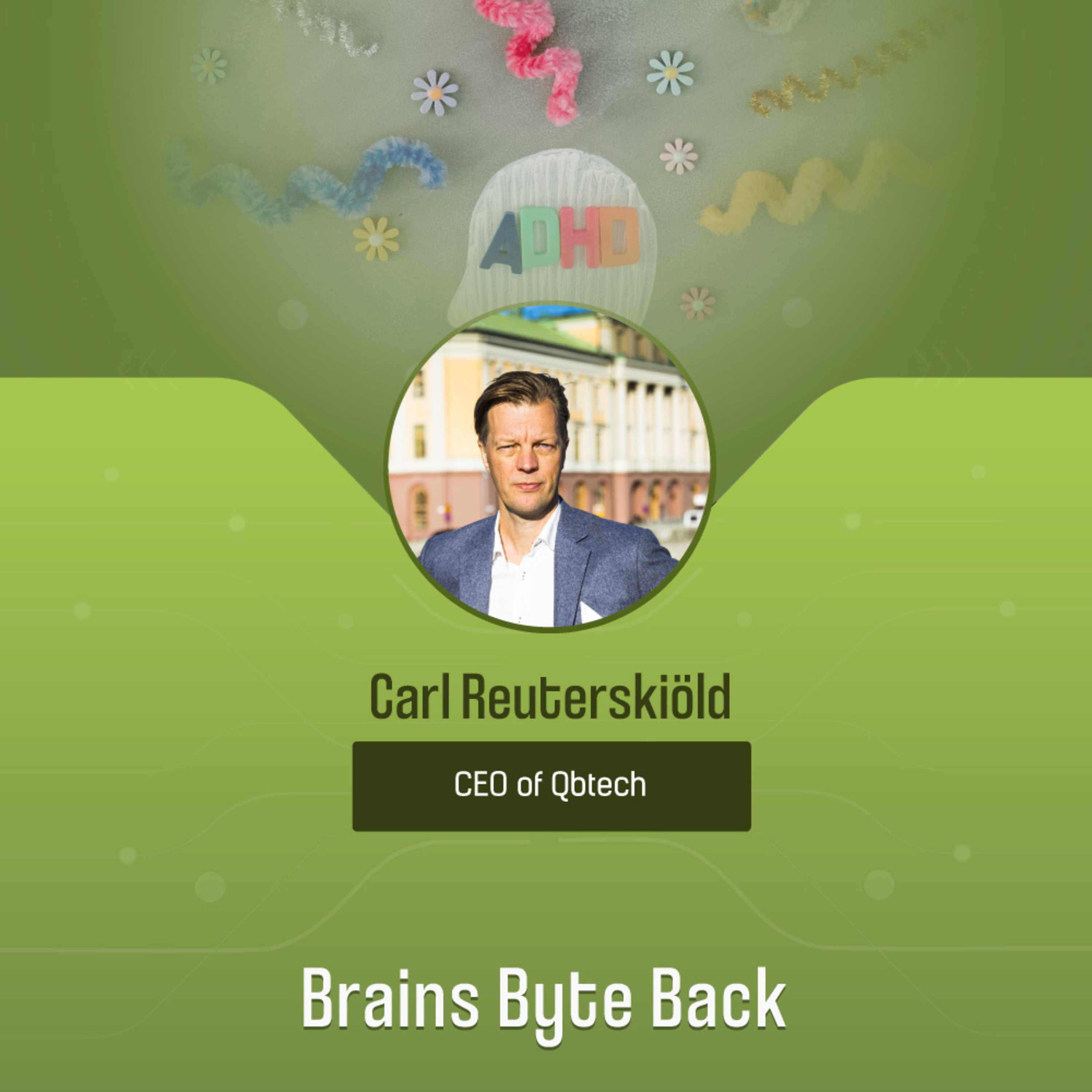- Technology
- SEE MORE
- classical
- general
- talk
- News
- Family
- Bürgerfunk
- pop
- Islam
- soul
- jazz
- Comedy
- humor
- wissenschaft
- opera
- baroque
- gesellschaft
- theater
- Local
- alternative
- electro
- rock
- rap
- lifestyle
- Music
- como
- RNE
- ballads
- greek
- Buddhism
- deportes
- christian
- piano
- djs
- Dance
- dutch
- flamenco
- social
- hope
- christian rock
- academia
- afrique
- Business
- musique
- ελληνική-μουσική
- religion
- World radio
- Zarzuela
- travel
- World
- NFL
- media
- Art
- public
- Sports
- Gospel
- st.
- baptist
- Leisure
- Kids & Family
- musical
- club
- Culture
- Health & Fitness
- True Crime
- Fiction
- children
- Society & Culture
- TV & Film
- gold
- kunst
- música
- gay
- Natural
- a
- francais
- bach
- economics
- kultur
- evangelical
- tech
- Opinion
- Government
- gaming
- College
- technik
- History
- Jesus
- Health
- movies
- radio
- services
- Church
- podcast
- Education
- international
- Transportation
- Other
- kids
- podcasts
- philadelphia
- Noticias
- love
- sport
- Salud
- film
- and
- 4chan
- Disco
- Stories
- fashion
- Arts
- interviews
- hardstyle
- entertainment
- humour
- medieval
- literature
- alma
- Cultura
- video
- TV
- Science
- en
How Virtual, Algorithmic ADHD Diagnosis Tech Can Keep People From Falling Through The Cracks

b'
Episode Description below\\u2b07\\ufe0f
\\nLeave an iTunes review here - https://apple.co/3i60XWu
\\nSubscribe on Youtube here - https://bit.ly/3o1M4Z3
\\nFollow us on your favorite podcast platform here - https://bit.ly/3kTfNkY
\\nFind out more about our sponsor Publicize here - https://bit.ly/3BqDUxc
\\nFrom time to time, in one way or another, most of us can relate to having an inability to focus, being easily distracted, being poorly organized, and sometimes being impulsive. For those that suffer from ADHD, this can be an average day.
\\nThis can be problematic in day-to-day life and a person with ADHD has a higher risk of injury, depression, unemployment, imprisonment, and those with ADHD have a higher divorce rate than the average population.
\\nOn average 5-7% of children have ADHD (which is a disorder, not a disease) but this percentage decreases among adults, and historically ADHD has been very hard to accurately identify and diagnose, and can often be mislabelled and misattributed.
\\nFortunately, thanks to modern technology, the development of more accurate diagnoses are underway, and in today\\u2019s episode we will be speaking with Carl Reuterski\\xf6ld, CEO of Qbtech, a company giving healthcare professionals objective data to inform decisions about ruling in or ruling out ADHD.
\\nTo kick off the show, Reuterski\\xf6ld goes over exactly what ADHD is and how it can be identified. Reuterski\\xf6ld then explains how they can create an objective, unbias view for analyzing ADHD behavior in a patient using a camera and data. He also covers why the efficacy of treatments is hard to measure when diagnoses are based on subjective analysis.
\\nHe also shares how Qbtech began, how he joined the company, and how the work of Qbtech stands out from work previously produced in the space of ADHD research.
'